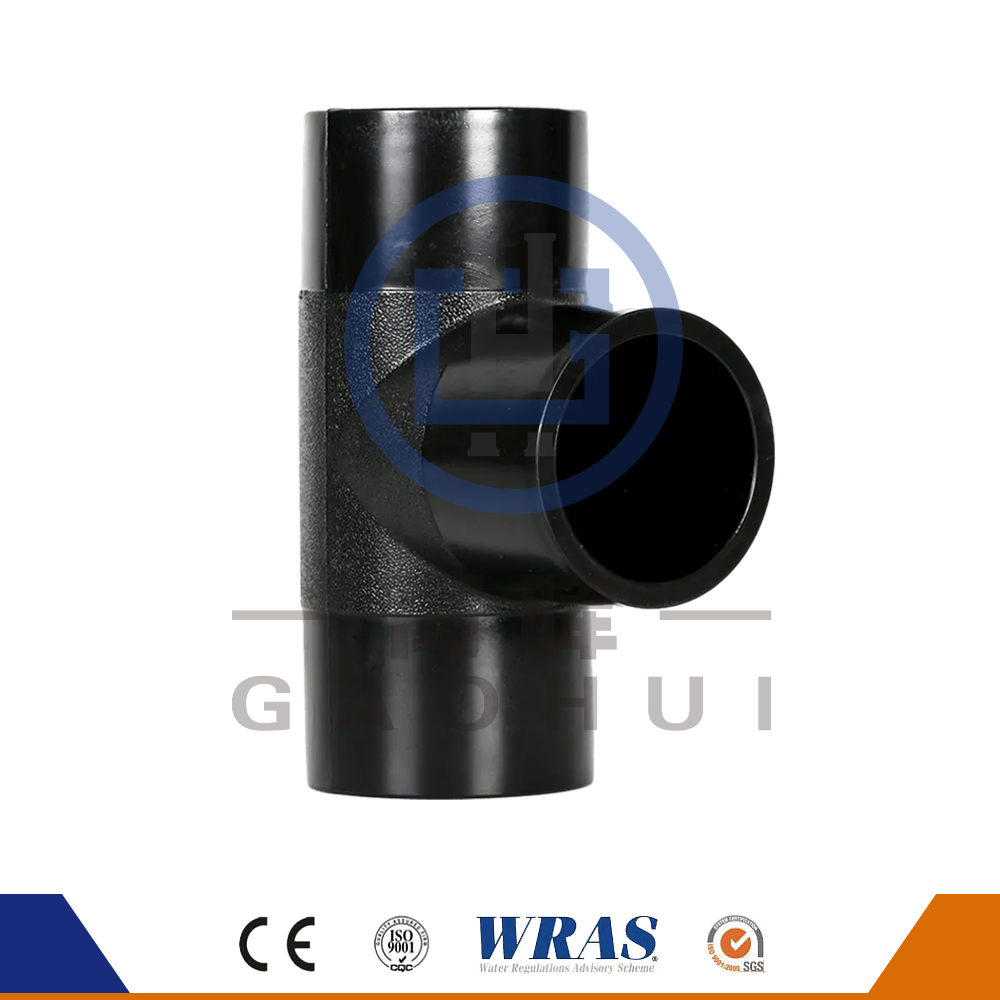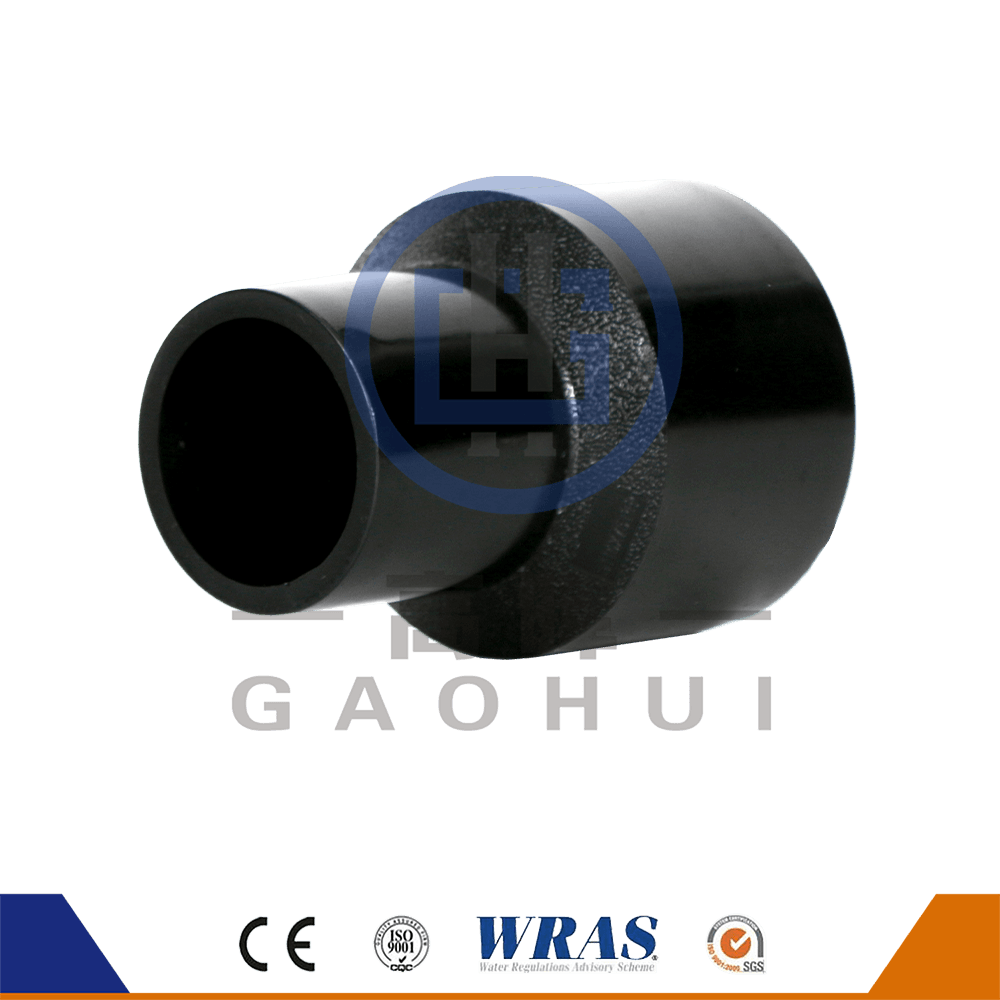Content
In the modern industrial landscape, efficiency, durability, and sustainability are more than just buzzwords—they are essential criteria for infrastructure design and operational performance. Among the many components that form the backbone of industrial systems, piping solutions play a pivotal role in transporting water, chemicals, gas, and other essential fluids. Over the years, traditional materials such as steel and PVC have dominated industrial piping. However, HDPE tubes are rapidly gaining traction as a superior alternative, offering a wide array of advantages that meet the evolving demands of industrial applications.
What Are HDPE Tubes?
HDPE (High-Density Polyethylene) tubes are made from a type of thermoplastic polymer known for its high strength-to-density ratio. Unlike conventional piping materials, HDPE tubes combine flexibility, durability, and chemical resistance, making them ideal for a broad spectrum of industrial uses. They are available in various diameters, thicknesses, and pressure ratings, catering to diverse operational requirements from municipal water supply to chemical processing plants.
Advantages of HDPE Tubes in Industrial Applications
The adoption of HDPE tubes in industrial piping solutions is driven by several significant benefits:
Durability and Longevity
One of the most compelling advantages of HDPE tubes is their exceptional durability. These pipes are resistant to corrosion, scaling, and rust, which are common issues with metal pipes. Unlike steel or iron pipes that may degrade over time, HDPE tubes maintain their structural integrity for decades, even under harsh environmental conditions. Industrial facilities benefit from longer service life, reduced maintenance costs, and fewer operational disruptions.
Chemical Resistance
Many industrial processes involve the transportation of chemicals that can be highly corrosive. HDPE tubes exhibit superior chemical resistance, capable of handling acids, alkalis, and other reactive substances without deteriorating. This property makes them ideal for chemical processing plants, pharmaceutical industries, and water treatment facilities, where pipe failure could lead to catastrophic consequences.
Flexibility and Ease of Installation
Unlike rigid metal or PVC pipes, HDPE tubes are flexible, which allows for easier installation in complex layouts and around obstacles. Their flexibility reduces the need for fittings and joints, minimizing potential leak points. Additionally, HDPE tubes can be joined using heat fusion techniques to create a seamless, leak-free system. This not only enhances system integrity but also simplifies the installation process, saving both time and labor costs.
High Impact and Pressure Resistance
HDPE tubes are known for their high impact resistance, enabling them to withstand external forces such as heavy machinery vibration or soil movement in underground installations. They also have excellent pressure-handling capabilities, suitable for both low-pressure and high-pressure industrial applications. This robustness ensures operational reliability and safety in demanding environments.
Environmental Sustainability
Sustainability has become a major factor in industrial decision-making. HDPE tubes are 100% recyclable, reducing the environmental footprint of piping systems. Additionally, their lightweight nature reduces transportation energy costs, while their long lifespan minimizes waste and the frequency of replacements. For industries aiming to meet environmental compliance and green certifications, HDPE tubes offer a practical and eco-friendly solution.
Cost-Effectiveness
Although the initial cost of HDPE tubes may be comparable to or slightly higher than traditional materials, the long-term benefits far outweigh the upfront investment. Reduced maintenance, lower repair costs, and extended service life result in significant cost savings over the lifespan of the piping system. Industrial operators benefit from predictable operational costs and improved return on investment (ROI).
Versatile Industrial Applications of HDPE Tubes
The versatility of HDPE tubes has made them increasingly popular across a wide range of industrial sectors:
Water and Wastewater Management
In municipal and industrial water supply systems, HDPE tubes are widely used due to their corrosion resistance and leak-proof performance. They are also ideal for wastewater transport, handling acidic and alkaline effluents without compromising integrity.
Chemical and Pharmaceutical Industries
For transporting corrosive chemicals, solvents, and other reactive fluids, HDPE tubes provide unmatched reliability. Their chemical resistance ensures safe and uninterrupted operations in critical processes.
Oil and Gas Sector
HDPE tubes are being adopted in oil and gas facilities for low-pressure fuel and gas lines, as well as for secondary containment systems. Their flexibility and resilience make them suitable for both above-ground and underground installations.
Agricultural and Irrigation Systems
Beyond traditional industrial settings, HDPE tubes are widely used in agricultural irrigation, providing efficient water distribution with minimal leakage. Their durability ensures consistent performance in diverse terrains and weather conditions.
Food and Beverage Industry
In food processing plants, HDPE tubes are utilized for transporting liquids due to their non-toxic, food-grade variants. These pipes ensure sanitary conditions while resisting corrosion and chemical reactions.
Technological Advancements in HDPE Tube Manufacturing
Recent innovations have further enhanced the performance of HDPE tubes. Advanced extrusion techniques allow manufacturers to produce pipes with consistent wall thickness and improved mechanical properties. Some HDPE tubes now incorporate UV stabilizers, enabling long-term outdoor applications without degradation from sunlight exposure. Additionally, anti-microbial coatings are being explored for industries requiring strict hygiene standards, such as pharmaceuticals and food processing.
The integration of digital monitoring and smart pipeline technology has also become feasible with HDPE tubes, allowing real-time monitoring of flow, pressure, and temperature. These innovations not only increase operational efficiency but also improve safety and reduce maintenance risks.
Industry Trends and Market Outlook
The global demand for HDPE tubes is expected to grow steadily over the next decade. Factors driving this trend include increasing infrastructure development, industrial expansion, and the need for sustainable and reliable piping solutions. Manufacturers are responding by offering tailored HDPE tube solutions for specific industrial applications, including higher pressure ratings, specialized chemical resistance, and custom diameters.
Additionally, government initiatives promoting sustainable infrastructure and green construction practices are fueling the adoption of HDPE tubes in both public and private sectors. The combination of performance, durability, and environmental benefits makes HDPE tubes a preferred choice for modern industrial piping systems.


 English
English русский
русский عربى
عربى











